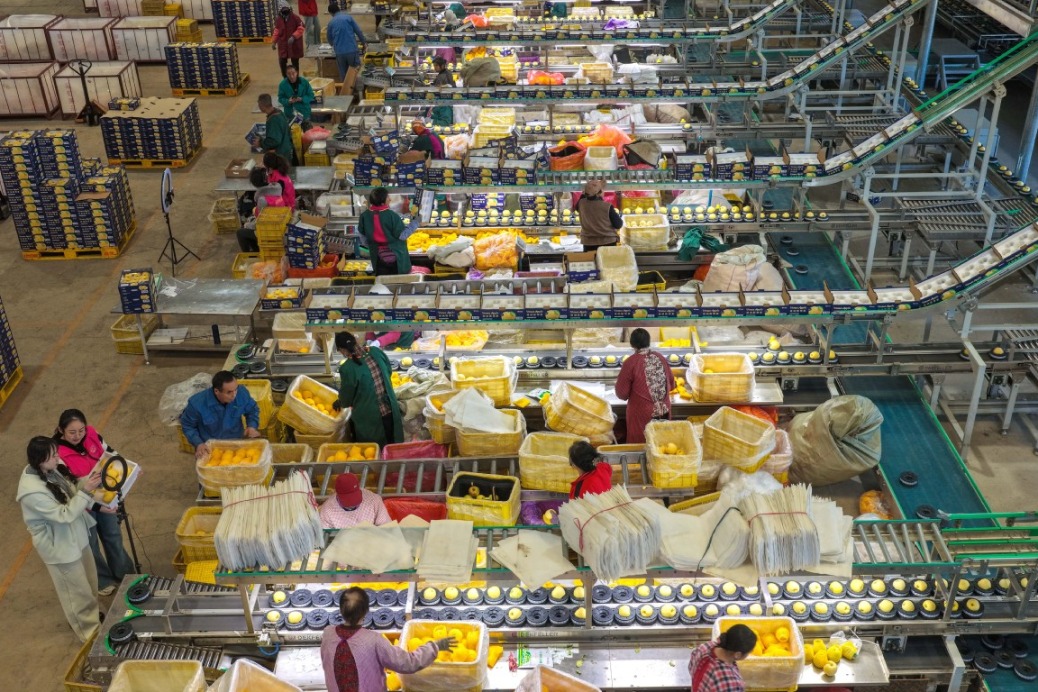Chinese companies refute claims of favoritism

Zhang says that when his company enters overseas markets it often faces much higher regulatory problems than any foreign company entering China.
"Markets such as in Africa or South Asia, where we have stepped into, are much harder for foreign companies than China," he says.
"In the Chinese market, if you comply with the laws or regulations, whether you are foreign, private or State-owned, you can make profits."
Carlo Vicci, general manager of an Italian furniture maker in China, whose name he did not want to reveal, insisted, however, that operating in the country can be very difficult for foreign companies.
The company has been in China five years and now has around 100 outlets.
"The main problem is paperwork, such as dealing with the increased capital procedures, or foreign loans, and getting certification. It really takes a long time," he says.
Vicci says moving the company's factory from Beijing's Haidian district to Tongzhou, also in Beijing, proved a bureaucratic exercise.
"We just moved our factory about 50 kilometers and it took us more than six months to get a new business license," he says.
"We had problems because we used to pay our taxes in one district, and they did not want to help us move because it would mean them losing that revenue stream."
Charles-Edouard Boue, at strategy consultants Roland Berger, believes the Chinese government has improved the regulatory framework over the past five years.
"There are also gaps between what the government is doing and what the companies are expecting," he adds.
Today's Top News
- House committee's report not conducive to steadying Sino-US economic and trade ties: China Daily editorial
- Unified national market resilience reinforcer: China Daily editorial
- Huge potential seen in China-Northern Ireland trade and investment cooperation
- Xi encourages young sinologists to bridge China, the world
- Xi, president of Comoros exchange congratulations on 50th anniversary of ties
- Luxury leasing market gains traction in HK






























